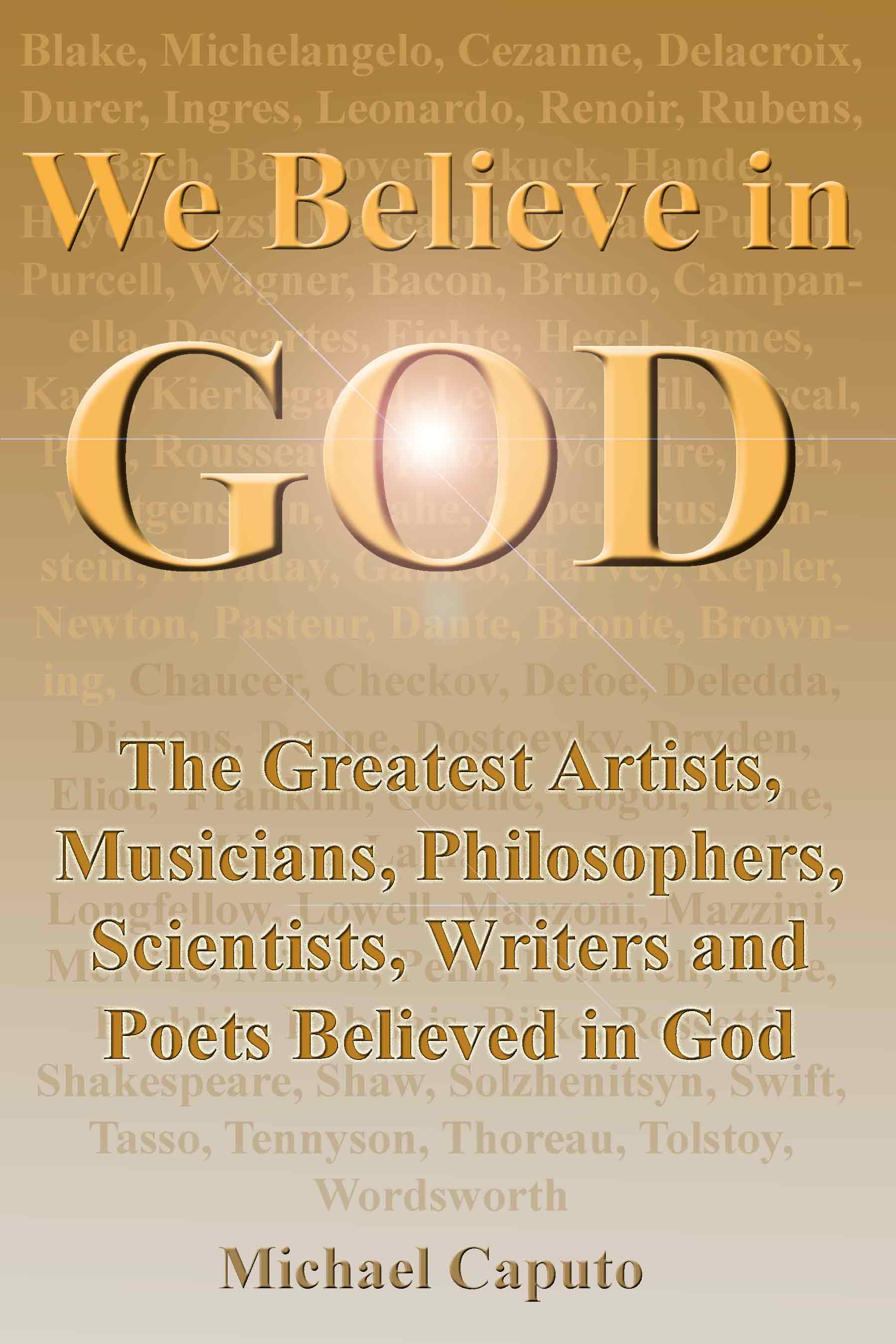| |
GREGORY S. PAUL'S UNFOUNDED CONCLUSIONS
A 2005
study by Gregory Paul has
become another atheist banner of atheistic superiority over theism. This
study is offered by some militant atheists as definitive evidence that
atheism has the power to produce a more moral and ethical society than
religion. In fact, Paul proposes that when Western secular societies’ crime
rates are compared with the crime rates of more religious Western nations,
the former show the lowest rates.
Are his conclusions justified?
Paul's study was published in the Journal of Religion and Society in
2005.[i]
Please note
Paul’s introductory remark and keep this statement in mind, as it glaringly
contradicts a later statement.
“This is not an attempt to present a definitive study that establishes cause
versus effect between religiosity, secularism and societal health.”
Unfortunately, some of Paul’s militant atheist admirers did not follow his
advice. Since his work was published, several have been offering Paul’s
research as "incontrovertible" evidence that unbelief , indeed, leads to
more ethical societies than does Religion.
The following are Paul's conclusions:
In
general, higher rates of belief in and worship of a creator correlate with
higher rates of homicide, juvenile and early adult mortality, STD infection
rates, teen pregnancy, and abortion in the prosperous democracies.
Higher rates of non-theism and acceptance of human evolution usually
correlate with lower rates of dysfunction,
and the least theistic nations are usually
the least dysfunctional. None of the
strongly secularized, pro-evolution democracies is experiencing high levels
of measurable dysfunction. In some cases the highly religious U.S. is an
outlier in terms of societal dysfunction from less theistic but otherwise
socially comparable secular developed democracies.
From
this point on Paul’s language becomes less cautious.
“In
other cases, the correlations are strongly graded, sometimes
outstandingly so.”
But
there is more. Notice the "increasingly" confident tone as we move along in
his article.
Indeed,
the data examined in this study “demonstrates”
(The cautious language is now totally gone)
only the more secular, pro-evolution democracies have, for the first time in
history, come closest to achieving practical “cultures of life” that feature
low rates of lethal crime, juvenile-adult mortality, sex related
dysfunction, and even abortion.
The least theistic
secular developed democracies such as Japan, France, and Scandinavia have
been most successful in these regards.
The
non-religious, pro-evolution democracies contradict the dictum that a
society cannot enjoy good conditions unless most citizens ardently believe
in a moral creator.
The widely held fear that a Godless
citizenry must experience societal disaster
is
therefore refuted.
(You may have noted
that this statement contradicts Paul’s introductory remark:
“This is not an attempt to present a definitive study that establishes cause
versus effect between religiosity, secularism and societal health.” )
From caution Paul graduates to a noticeable level of overconfidence.
Contradicting these conclusions requires demonstrating a positive link
between theism and societal conditions in the first world with a similarly
large body of data
- a
doubtful possibility in view of the observable trends.
Paul’s self-confidence is, of course, unfounded. In a later issue of the
same journal Paul’s “findings” were closely scrutinized by Gary F. Jensen
from Vanderbilt University
and they were found wanting.
Paul focuses
primarily on the high homicide rate and other selected ills characterizing
the United States in a set of eighteen prosperous nations, attributing that
unique position to a high level of religiosity.
This approach can be badly misleading
and a similar approach could be taken to highlight problems in more secular
nations.
For example, the Netherlands, Belgium, Denmark,
Sweden, Germany, and seven other nations have higher burglary rates than the
United States (based on Interpol and United Nations data). The United States
ranks ninth in cirrhosis death rates with at least four of the secular
nations, including Japan, Denmark, France, and Germany exhibiting higher
rates. The United States ranks thirteenth in suicide rates, seventh in
estimates of daily consumption of narcotic drugs (Interpol estimates), and
fourteenth in estimates of net annual alcohol consumption (Interpol
estimates). In short, Paul’s analysis
generates the “desired results” by selectively choosing the set of social
problems to include to highlight the negative consequences of religion.[ii]
Gerson Moreno-Riaño et al., from Cedarville University, also analyzed Paul’s
article and offered their critique in a later issue of the same journal.[iii]
The
three academics analyzed the methodology used by Paul and expressed their
view
"...once all of the methodological issues are
considered, Paul's findings and conclusions are rendered ineffectual."
More specifically, they saw problems in the area of definitions and his
execution of the analysis.
The study presented in Paul’s essay suffers both
from a serious lack of conceptual and operational clarity
as it regards religiosity and secularism rendering both the methods and
findings at best unclear and at worse highly invalid. Nowhere in Paul’s
essay does one encounter clear and succinct definitions of either of the
concepts in question.
Even if one sets aside the above methodological difficulties that frame
Paul’s study, his execution of the analysis leaves much to be desired. As
noted earlier, Paul states his findings in strong language, but throughout
his analysis, he handles his data with uncharacteristic modesty.
In truth, his analysis has much to be modest about.
Their
conclusion?
What one can state with certainty is that
one cannot in
any way be certain as to the effects of religiosity and secularism upon
prosperous democracies
at least as based upon the methods and data of Paul’s study.
They then proceed to offer variables that can also have a substantial impact
on high crime rates or lack thereof that Paul failed to take into
consideration.
“It is acknowledged that other important issues besides these should be
addressed (e.g., the contribution of various societal structures [e.g.,
police enforcement, diet, attitudes toward sexuality] to societal health).”
But there is more. George Gallup, from
the Institute of Public Opinion came across Paul’s study and also
found it void of credibility. In a letter to VirtueOnline,[iv]
Gallup describes Paul’s
comments as being “outrageous.”
He went on to add the following:
"Gregory Paul's conclusion is based on a flawed
analysis according to my research associate, D Michael Lindsay, an expert in
the department of sociology at Princeton University. After carefully
examining Paul's international study,
Mr. Lindsay maintains that it does not pass
scholarly muster."
Gallup also adds that, "It is important to challenge
Paul's assertion forthrightly, because the casual, non-research minded
reader, might easily accept his conclusion as entirely plausible on the face
of it," writes Gallup.
Academics who do social science research know full well that “apparent”
correlations have to be taken with a grain of salt. Even if a correlation
seems to be strong, it could be due to biased or selective gathering of
information. Thus it is only reasonable to expect that researchers
offer “cautious” conclusions.
Paul, who incidentally is an illustrator not a sociologist,
fails to abide by these fundamentals of scientific research.
Because of several glaring deficiencies, we concur with the Blog
“VerumSerum” that Paul's study is not a dispassionate product of science but
an ugly exercise in anti-theist propaganda.[v]
M. Caputo
| |
We Believe in God
The Greatest Artists,
Musicians, Philosophers, Scientists, Writers and Poets
Believed in God...(And a great many Nobel-Prize winners).

Unlike what atheists
propagate, the greatest minds of the past believed in God.
Read the fully-referenced proofs in this book.
AVAILABLE IN BOTH PAPERBACK AND E-BOOK FORMAT ON AMAZON. |
|
|
Free Booklet from UCG.org
Life's
Ultimate Question: Does God Exist?
(No Follow
Up)

|
Is Sweden really heaven on earth?
Click here
for surprising facts.
__________________________
© Michael Caputo, 2009
HOME
|
|






